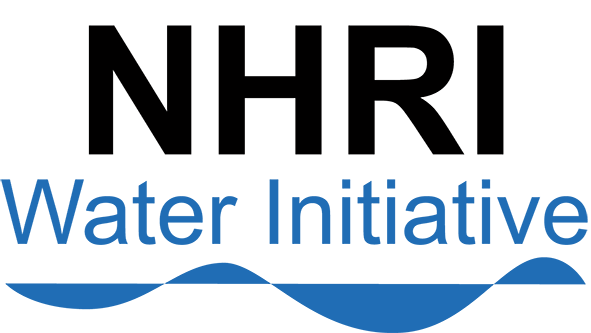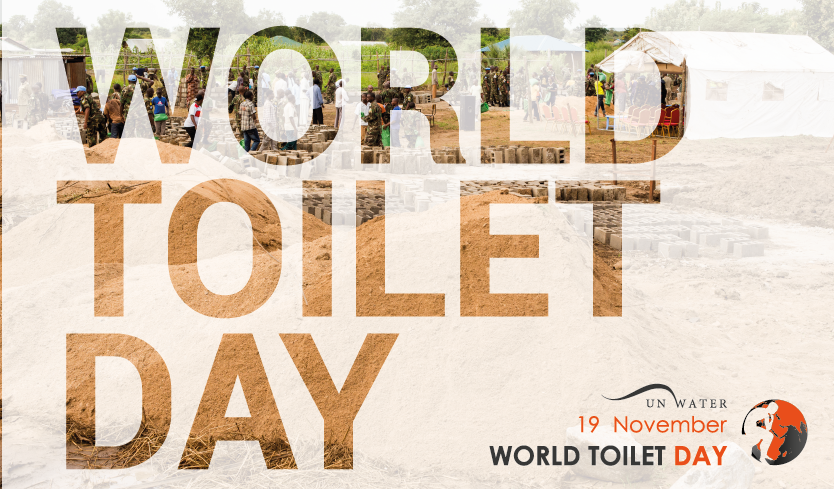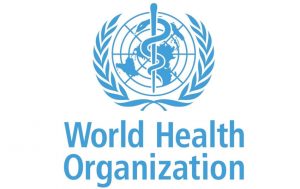Primary Functions
- Clarify the content and implications of the water governance-related human rights
- Understand the potential role NHRIs can play in monitoring water governance
- Access tools to assist NHRIs in promoting and protecting a human rights-based water governance
Detailed Description
This training material for national human rights institutions (NHRIs) on water governance and human rights seeks to strengthen the capacity of these institutions for the promotion and protection of water governance-related human rights. The training material aims to a) clarify the content and implications of the water governance-related human rights; b) understand the potential role NHRIs can play in monitoring water governance for the realisation of human rights; c) provide methodology and tools to assist NHRIs in monitoring water governance; d) provide tools to help NHRIs in promoting a human rights-based water governance; e) provide tools to assist NHRIs in protecting a human rights-based water governance.
This project lies at the heart of the National Human Rights Institutions Water initiative. Launched by the Hungarian Ombudsman for Future Generations (Hungarian NHRI) in cooperation with WaterLex in 2013, it envisages a more prominent role of NHRIs in water governance for the realisation of human rights. By disseminating important knowledge among NHRIs, the current publication is intended to serve as a contribution towards strengthening the capacity of NHRIs wishing to enhance their role in water governance for the realisation of human rights.
This publication is divided into six parts. Section 1 on Water governance-related human rights seeks to deepen the understanding the legal content of the human right to water and sanitation in addition to other water governance-related human rights. Section 2 on the Role of NHRIs in water governance examines the important role NHRIs can play in promoting and protecting water governance for the realisation of human rights. Section 3 on Monitoring the right to water focuses on practical aspects of monitoring the right to water, providing NHRIs with methodology and other tools. Section 4 on Protecting a human rights-based water governance seeks to deepen the understanding of various methods and tools available to NHRIs aimed at protecting a human rights-based water governance. Section 5 on Promoting a human rights-based water governance sheds light on the various promotional activities NHRIs may conduct in view of promoting water governance related human rights. Section 6 on Advising government and parliament provides information how NHRIs may engage with these actors in view of promotion and protecting water governance-related human rights.
In addition to providing a theoretical legal framework, the training material is a practical guide, including best practices, methodologies, and case summaries of NHRIs in action.






